Beispiel für Projekte, die von der Stiftung gefördert wurden
2025
Die Stiftung unterstützte die Durchführung des Workshops „What is Islam about?“ vom 21.-22.02.2025.
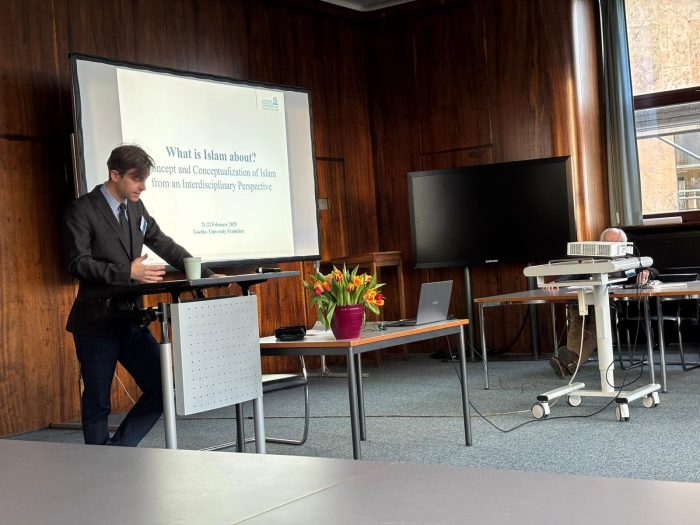
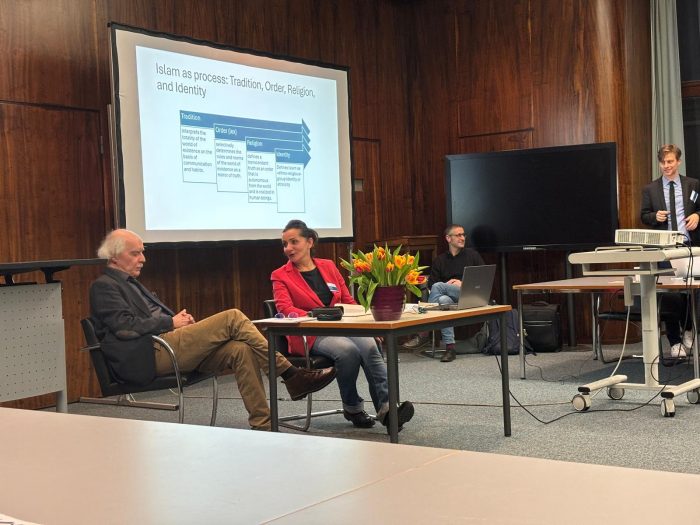
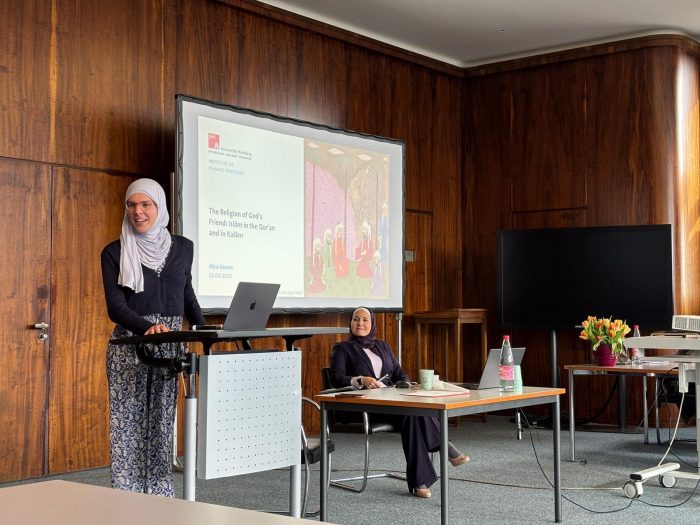
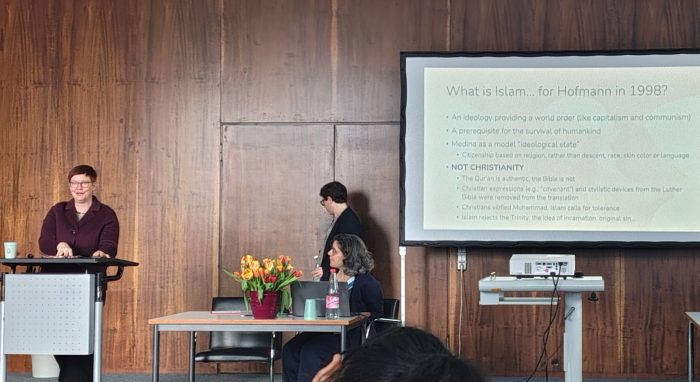
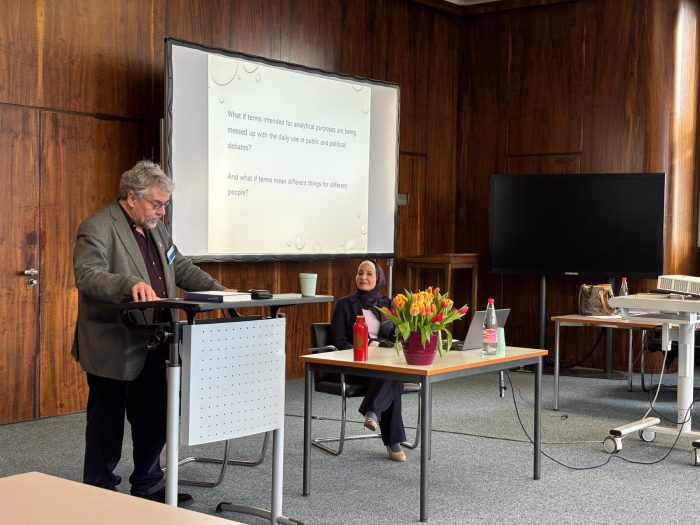
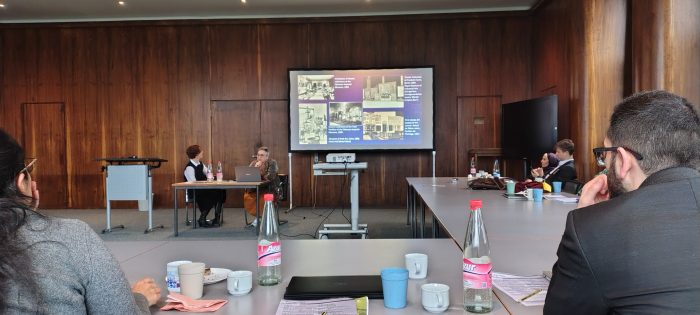
Report of workshop „What is Islam about?“
The international workshop “What is Islam about: Concept and conceptualization of Islam from an interdisciplinary perspective”, which took place in 21-22 February 2025 at the Goethe University, looked at the terminology and meanings that the terms ‘Islam’ and ‘Muslims’ receive in different contexts and within different disciplines. During the two-day workshop, the speakers and discussants contributed their and their discipline’s perspectives to these terms.
Focusing on the meaning of ‘Islam’, within a history of concepts and terms, is scarcely done within the disciplines themselves. The diverse-perspective debate which was conducted in Frankfurt has never been done before and thus makes the main innovation and contribution of the workshop. It stimulated a discussion which will continue.
The workshop began with a keynote by Reinhard Schulze from University of Bern who presented the historiography of the concept ‘Islam’, with a changing definition over the centuries in the Islamic world. His broad and critical overview provided a convenient timeline and terminology for the next speakers, who focused on specific case studies and smaller research questions related to their disciplines. On the second day, the workshop hosted anthropologist Thijl Sunier (Vrije Universiteit Amsterdam), Islam theologist Mira Sievers (Universität Hamburg), archaeologist Marcus Milwright (Victoria University in Canada) and art historian Wendy Shaw (Berlin), as well as three historians of Islam (Islamwissenschaftlere): Johanna Pink from the University of Freiburg, Nathan Gibson from Goethe-University and Ed Hayes from Leiden University. Using various levels of a theoretical framework, the papers treated the concept ‘Islam’ differently as well. Some focused on its historiography and contexts such as Pink in her study of introductions to 20th-century Quran translations. Others stimulated the discussion from an epistemological perspective.
The day was concluded with a round table, moderated by Bekim Agai, with Jewish-Studies anthropologist Yulia Egorova (Durham University), the imam and PhD candidate Ensar Sinani (Universität Hamburg), and three historians of Islam: Antonia Bosanquet (Utrecht University), Florian Zemmin (Frei Universität Berlin) and Muhammad Al-Atawneh (Ben-Gurion2 University in Israel). The discussion, involving the participants and the committed audience, highlighted the gaps in communication between the disciplines on the one hand, and the potential of bridging it through a contextual examination, on the other.
The original program included nine speakers, five discussants, five chairpersons and two organizers. One speaker (Amr Ryad) cancelled due to personal reasons. In addition to these 20 core participants, 27 people attended at the audience, including many students, several colleagues, and the general public. In total, there were 21 attendees from the Goethe-University and 26 from other universities (Osnabrück, Marburg, Mainz, Bonn, Harburg, Athens and Bergen!), which we see as a huge success.
The feedback Bekim Agai and I received from the audience was positive and showed the relevance of the theme for scholars in the field, as well as for the public. Nevertheless, we have not yet decided how to proceed with the topic. A monograph of some kind should be (I believe) produced in the future.
